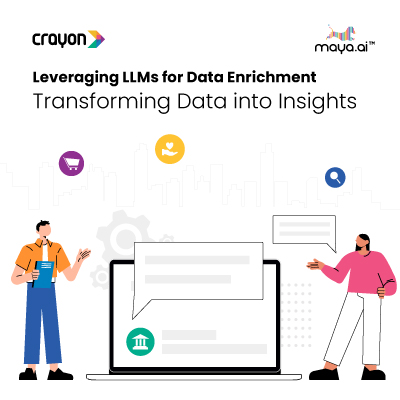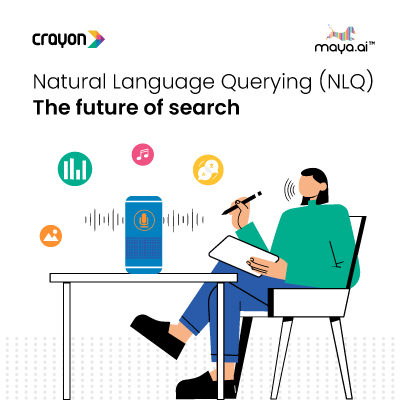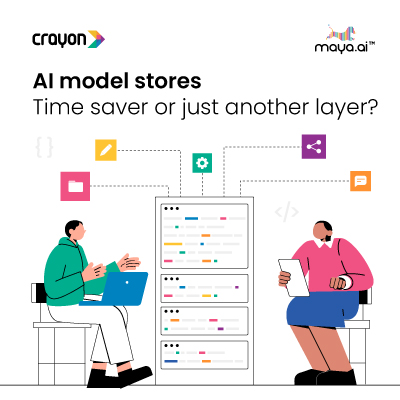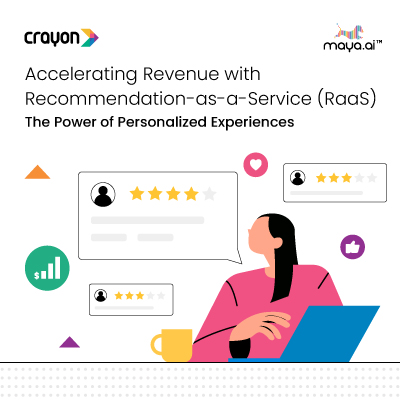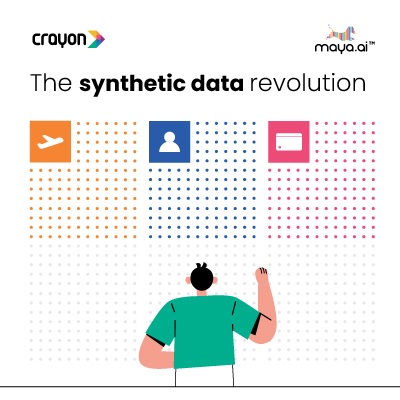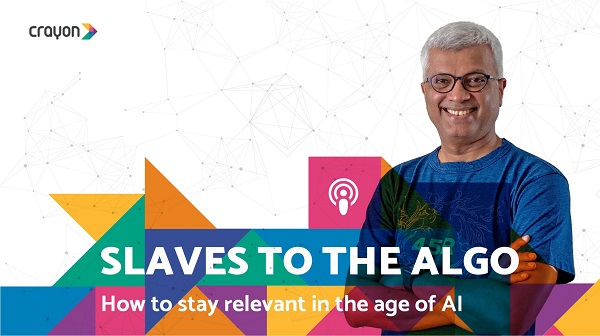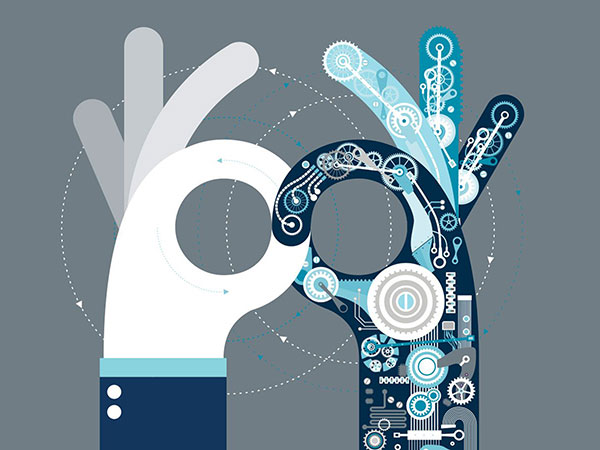Whether you’re ready or not, a new year is nearly upon us. As significant changes loom just over the horizon — most of which are spurred on by trends in artificial intelligence — the consumer market for next-gen AI is more promising than ever before. But how does big data play a role in all this — and, more importantly, how will recent advancements in data analytics shape the future of AI?
1. Business Intelligence
The niche of business intelligence is showing brand-new life that wasn’t apparent when it first launched. What was once a highly complicated, archaic and confusing discipline has seen a near-complete transformation as a result of big data and next-gen AI.
Data analytics are so ingrained into the modern field of business intelligence that the two terms are nearly interchangeable. In reality, business intelligence — and the analysts in the profession — rely on advanced data analytics to support their decision-making.
As we continue into 2018, we’ll see the lines between business intelligence and artificial intelligence blurring even more. Thanks to the current capabilities of machine-learning systems that are capable of identifying patterns, habits and trends, human decision-makers might soon be a thing of the past.
2. The Introduction of Blockchain Technology
You’ve probably already heard of blockchain technology — it appears all over the news for its role in the success of digital currencies like Bitcoin and Litecoin. As the popular cryptocurrency recently topped a value of $10,000 for the first time in its history, it’s garnering a lot of attention. Many are wondering how the blockchain can apply to other processes like big data analytics and artificial intelligence.
Blockchain technology is versatile enough to store any kind of digital data. Though its uses thus far have mainly revolved around cryptocurrency, it has many advantages to information of all types, including:
- Decentralization — Blockchain is ideal for data that is not — or cannot be — controlled by any one individual or entity.
- Data integrity — All transactions that occur within the blockchain are continuously verified by the individual systems within the network. This integrity provides elevated transparency, while still maintaining a high amount of data security.
- Energy efficiency — Experts are already exploring the blockchain for use in smart homes and buildings. By tracking metrics like residents, local road traffic and seasonal conditions, the blockchain combines with AI to improve the accuracy of usage and cost estimates, while providing an indisputable record of every single transaction.
We’re just seeing the tip of the iceberg when it comes to the benefits of blockchain technology, big data analytics and AI. We’ll likely realize even more breakthroughs and advancements as we progress into 2018.
3. Improved Document Management
Given the amount of data generated on a daily basis, efficient document management is crucial for any enterprise doing business today. Until 2003, humans had only generated five exabytes of data… total. In 2018, we will generate five exabytes of data every two days — and that number is growing larger by the minute.
Not only are advanced analytics and AI necessary to accommodate the sheer amount of incoming data, but they must be flexible enough to collate data from a wide variety of sources. Considering useful information is coming from consumer smartphones, company websites, social media sites, via SMS and more, the capacity to handle raw data in its various forms is a must in 2018 and beyond.
4. Real-Time Targeting
The marketing sector will see greater efficiency as a result of the marriage between big data and AI. Through a concept known as real-time targeting — which has the potential to generate a 20 percent increase in sales opportunities — companies have instant access to data as it’s created, while simultaneously leveraging machine-learning functionality to plan for the future.
Such a high amount of data availability and insight has other benefits in marketing, too. Professionals can use this information to design audience-specific narratives or advertising campaigns, target demographics at a specific time or during a certain event, and even as a springboard to lead the entire creative process for their brand.
5. Edge Computing
Though it has yet to hit the mainstream public, the concept of edge computing is already making headlines around the industry. In a time where most enterprises are still transitioning to the modern cloud, the most tech-savvy businesses are using the Internet of Things to facilitate data collection, processing and analytics directly at the source.
Edge computing offers many benefits over cloud computing and more traditional IT architectures, including:
- Greater processing and computational power within smaller devices. Sensor hubs and gateways are often all that’s needed to perform full-cycle data management on incoming statistics.
- Improved predictive maintenance. As manufacturers transition to automated hardware that includes integrated predictive maintenance functionality, many will tap into edge computing for improved energy efficiency, lower repair costs and greater accuracy in self-diagnostics.
- Stronger customer service. Edge computing is a highly customizable platform that can accommodate small, special projects and high-volume jobs alike. Not only does this give manufacturers increased flexibility when it comes to planning day-to-day operations, but it gives their customers even more freedom throughout the entire production run.
While edge computing is still in its infancy, and much of its target audience is still warming up to the idea of cloud computing, many experts believe this breakthrough will make its mark in 2018.
Benefiting Entrepreneurs and Business Owners
According to recent studies, 70 percent of enterprises will embrace AI within the next 12 months. With such a concentrated effort among business owners to embrace next-gen analytics and artificial intelligence, 2018 is already shaping up to be a productive year for entrepreneurs across the board.

